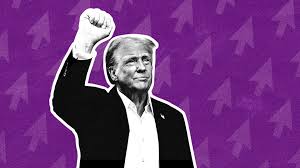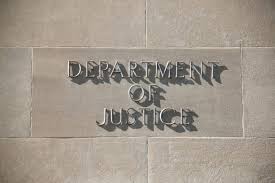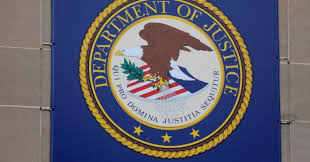Forecasting the 2nd Trump Administration: Foreign Policy Changes and Increased Trade and Tariff Enforcement (Part II of III)

The 2nd Trump Administration will mean significant change in foreign policy, most especially the importance of ending the Russia-Ukraine war, increased focus on Iran and its proxies, and aggressive use of trade policies and tools to execute the policy and promote United States businesses.
Since the start of the Russia-Ukraine war and the unprecedented global sanctions and export controls regime, trade enforcement and compliance have risen to a priority issue. The Justice Department’s assignment of 25 new prosecutors to the National Security Division for sanctions enforcement against companies reflected this important priority.
Companies responded to this new environment with additional resources for trade compliance, automated tools, increased training and sophisticated trade risk management strategies. This investment was needed in the past and should be continued into the future. The 2nd Trump Administration will adjust this balance by eventually removing a significant amount of trade sanctions against Russia, if and when a peace accord is reached, and concentrating trade sanctions against Iran, China and other bad trade actors.
Assuming that the 2nd Trump Administration brings a close to the Russia-Ukraine war, the State Department and OFAC will eventually relax and/or remove significant portions of the sanctions regime. This may take more time than everyone expects — removal of the sanctions will be keyed to actions or measures that the United States may dictate, thereby allowing the Administration to leverage these actions for other benefits from Russia.

While relaxing the Russia sanctions, the Administration will be focusing on increasing trade tariffs and sanctions against China and Iran. This could have a significant impact on the current China-United States trade activities. For sanctions and export controls compliance officers, the new Administration will be a challenging environment that could cause significant disruptions to supply chains that incorporate Chinese-supplied goods and services.
With respect to Iran, the Administration will increase pressure on Iran and its proxies by squeezing Iran’s economy as tight as possible. In the Russia context, The State Department and OFAC implemented the most aggressive set of secondary sanctions against Russia, and will use these same tools in the coming months against Iran and China. To the extent that China engages Iran’s oil suppliers, the State Department and OFAC will target these entities for secondary sanctions.
In this environment, and with the support of the Trump Administration, trade enforcement — sanctions, export controls, and defense materials — will increase and the Justice Department will play a continuing key role in expanding criminal enforcement. The Department of Commerce’s Bureau of Industry and Security, the State Department’s Directorate of Defense Trade Controls, along with OFAC, will continue aggressive civil enforcement programs while implementing new and complex regulatory requirements in accordance with the Administration’s priorities.

Companies need to maintain focus on trade compliance. As an initial matter, companies will have to adjust to removal of Russia sanctions and imposition of new and aggressive sanctions against China and Iran. Building the important elements of a trade compliance program requires companies to reiterate senior leadership support of trade compliance, conduct of new or updated risk assessments, design and implementation of internal controls, training programs, and auditing, testing and monitoring programs.
Trade compliance will become even more complicated when the Trump Administration imposes new or expanded tariffs. Countries are likely to respond to the U.S. actions, increasing the risk of retaliatory trade measures, and the difficulty of staying current with all trade compliance laws and regulations.
As trade compliance risks and enforcement increase, companies will need to identify high-risk activities and enhance monitoring of trade activities. As part of this effort, companies will face even more significant third-party risks since new patterns of diversion and circumvention of sanctions and trade regulations will inevitably occur.















